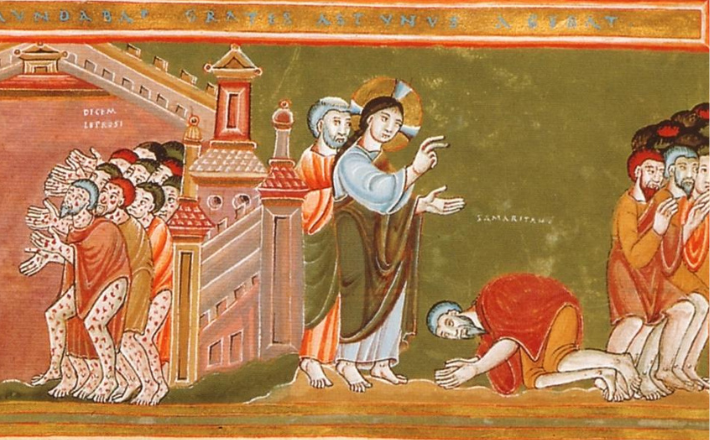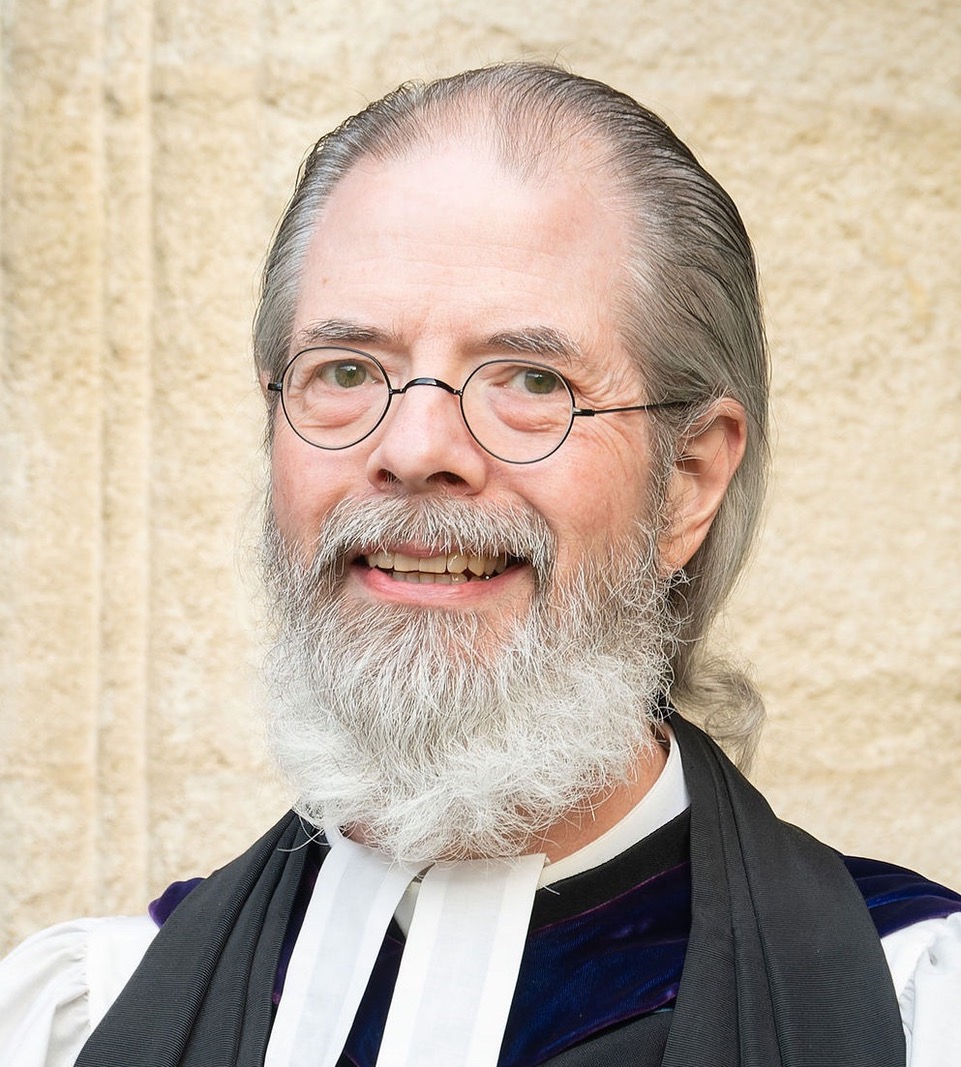Commentary on 2 Timothy 2:8-15
Today’s epistle lesson—I’ll refer to the lesson itself, without rehashing arguments about who wrote it—seems at first glance to comprise a repeated exhortation to remembrance (2:1, 14) surrounding a litany of contrasts: On one hand, we might see the unchained gospel of the resurrected Davidic Christ, with whom we die, for whom we endure, whom we may not deny, who remains faithful to us; and on the other, we confront the hostile world that oppresses the gospel, chains its ministers, denies Christ.
But (as careful readers of Working Preacher have probably already noticed) the apparent contrasts don’t line up tidily—indeed, we do best not to try to squeeze them into tidy categories at all. Some of the paired phrases indicate consequences (“if we die / we will live”); others, a contrast (“we are faithless / he remains faithful”). Rather, these lines sound more like an extemporaneous preacher who hits a comfortable rhythm and sustains the flow without deliberately framing the sense of the words to complement the sonorous rhythm of the phrases; the addition of “for he cannot deny himself” in 2:13 underscores the semblance of spontaneity, as though the speaker feels obliged to add an important clarification even though it breaks the pattern. The aural pattern of matching short phrases conveys an impression of continuity and coherence more than the semantics of the words themselves do.
The words make a very great difference, though. Here, the epistle sets out matters of the highest importance: the gospel itself, with our response, offering us glorious life or relegating us to servile death. The pivotal weight of what the epistle teaches in this passage, along with the rhythm of the central clauses, has tempted many to interpret these verses as a quotation or a credal fragment. Perhaps so, but the range of topics in these verses, their varied functions, and the rhetorical characteristics of preaching all permit the alternative view that these are almost miscellaneous hortatory affirmations gathered into an A/B homiletical hodge-podge:
The death of Jesus gives life to those who follow his cruciform way.
Our perseverance in faith will ensure our salvation.
We may not expect that if we repudiate faith in Jesus, he will avail for us.
Our fickle faith does not affect Jesus’ perfect faithfulness to us.
Cumulatively, these amount to an urgent admonition to remain resolute in fidelity to Jesus, who will never betray our trust but will bring us to share in his eternal reign.
This generates a faint echo of the promise God makes to Israel in Deuteronomy, and that Jesus makes to his disciples in the Gospels: Do these things, and live. The lines that precede and follow this pivotal exhortation lend dramatic narrative force to its importance. The gospel for which one may be tormented and imprisoned hinges on our unwavering commitment to the Anointed One whose faithfulness transcends mortality, whose royal heritage reaches beyond life itself, and who will share his eminence with all who share his way. We may not diminish that promise by fruitless quibbling over details; it demands in response our integrity in following Jesus, by which anyone will be able to recognize a reflection of Christ’s faithfulness.
This last portion of the passage reinforces the New Testament’s particular emphasis on “speech ethics,” an emphasis that our attention to urgent social issues often overrides—not only this letter, but also Colossians (3:8), Ephesians (4:29, 31), 1 Timothy (6:14), Titus (3:2), James (3:2–12), and Jesus’ own frequent strictures about rude or heedless speech (see also the uses of the blasphẽm- stem, where the semantics can blur between “speaking falsely about God” and “speaking without regard to truth or falsehood” and Paul’s cautions about worldly “wisdom”). These provide ample evidence that Jesus and his immediate followers taught that the leading characteristic of Christian communication should be its peaceful, constructive, illuminating tenor. The next verse heightens this point with a sharp contrast: not futile name-calling or word-wrangling, but effectual work and sound truth-telling.
This passage doesn’t knit its various parts into a tight fabric of clear, straightforward argument; instead, caught up in the urgency of the moment, the passage presses one true, important theological claim on top of another, perhaps like the stack of articles on the desk of a busy preacher. As a consequence, these verses may serve better as complements to sermons based on the day’s other readings. A venturesome preacher, though, may nonetheless find that by holding them together gently, neither over-emphasizing their unity nor casually downplaying them as incoherent, one can make a case for 2 Timothy here enjoining us all to make an unashamed profession of our unwavering reliance on the resurrected, royal Lord of truth and faithfulness.


October 12, 2025